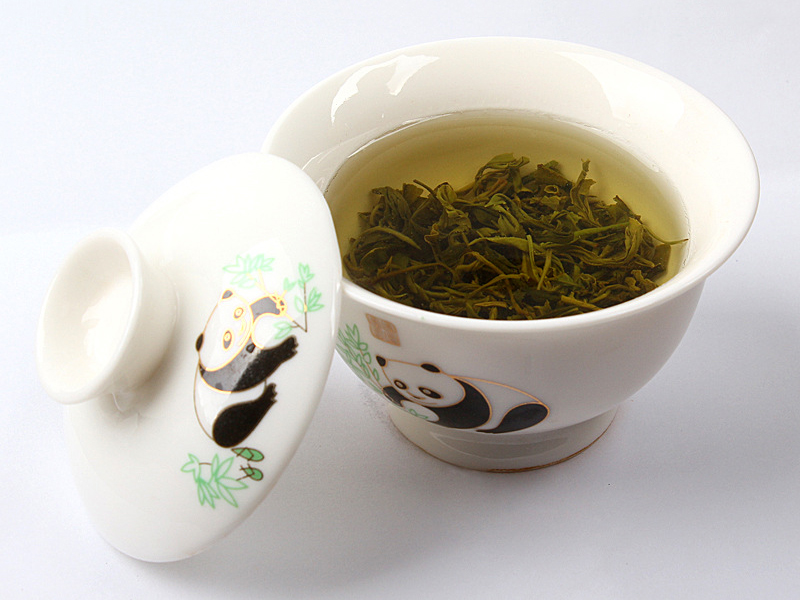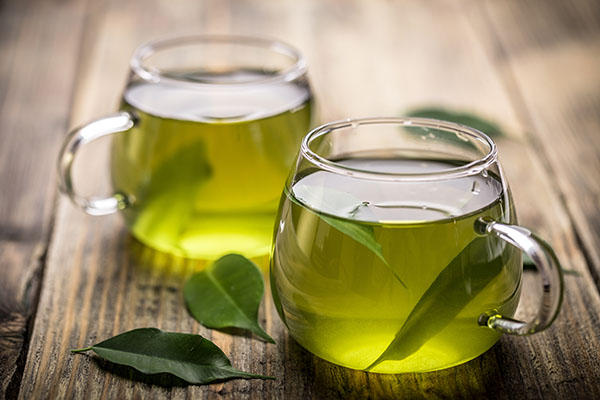
The conclusions of this study, published in Science, indicate that the function of gut microbiomes extend far beyond just digesting our food. Using mice models, scientists revealed that immune response was not only dependent on a flavonoid-rich diet, but whether the body also contained particular gut microbes. This could explain why people tend to have varied responses to infection. Curiously, this mechanism did not prevent the mice from contracting the disease, but the microbiome-flavonoid relationship boosted the immune system and prevented the disease from harming lung tissue.
First author of the study, Dr. Ashley L. Steed mentioned on Science Daily, “for years, flavonoids have been thought to have protective properties that help regulate the immune system to fight infections. Flavonoids are common in our diets, so an important implication of our study is that it’s possible flavonoids work with gut microbes to protect us from flu and other viral infections.”
These are hopeful projections and could have profound implications on our medical system. The word “flu” has become so commonplace that many do not realize or understand the seriousness of the condition. It is estimated that each year, there are 31.4 million outpatient visits and around 200,000 hospitalizations due to flu in our country alone. On average, five to 20 percent of us get the flu every year. The flu is also responsible for around 3,000 to 49,000 deaths in the U.S. each year. This translates to approximately $10.4 billion a year in direct medical expenses and $16.3 billion in lost earnings annually.
Those most vulnerable to contracting the disease are younger children, pregnant women, and older adults.
A diet DAT is good for you
Previous research concludes that gut microbiomes may play a role in how well we fight off infections, but scientists have never figured out which of these microbes provided the protection. More importantly, nutritionists want to learn if gut microbes are enough of a barrier to disease or if it requires a catalyst.
“It’s not only having a diet rich in flavonoids, our results show you also need the right microbes in the intestine to use those flavonoids to control the immune response,” said Dr. Thaddeus S. Stappenbeck, the study’s senior author. “We were able to identify at least one type of bacteria that uses these dietary compounds to boost interferon, a signaling molecule that aids the immune response. This prevented influenza-related lung damage in mice. It is this kind of damage that often causes significant complications such as pneumonia in people.”
Both Drs. Steed and Stappenbeck isolated a gut microbe that they suspect protected the body against flu damage. This microbe, called Clostridium orbiscindens, was seen to degrade flavonoids that prompted the production of a metabolite which enhanced interferon signaling. This metabolite was named desaminotyrosine (DAT).
The team saw that mice treated with DAT exhibited far less lung damage from influenza compared to the untreated mice. Curiously, researchers noted that the lungs of DAT-treated mice had the same levels of viral infection as the mice who were not given the treatment.
Dr. Stappenbeck said, “the infections were basically the same. The microbes and DAT didn’t prevent the flu infections itself; the mice still had the virus. But the DAT kept the immune system from harming the lung tissue.”
This is a healthier and potentially cheaper alternative to vaccines, which are not always effective at preventing infections. By increasing the number of good gut microbiomes (in this case, DAT), people may avoid being sick even if they become infected.
Further research into this is necessary. Nevertheless, the team recommend eating more foods high in flavonoids as we enter flu season.
Sources include:
Please contact us for more information.























